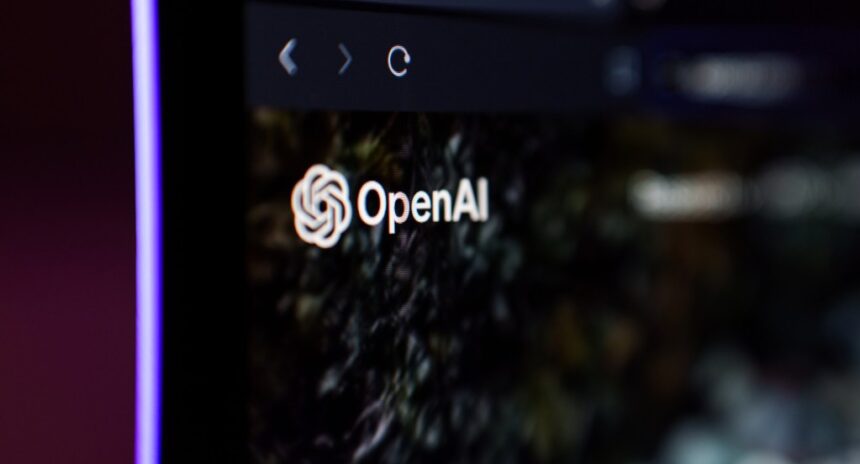The battle between newspapers and tech giants Microsoft and OpenAI continues as lawyers for The New York Daily News, The New York Times, and other publications argue that the tech companies stole reporters’ stories to train their AI products. The newspapers have accused Microsoft and OpenAI of using millions of copyrighted news stories without consent, credit, or compensation to power popular AI products such as ChatGPT and Copilot.
While Microsoft and OpenAI do not deny using copyrighted material, they claim it falls under the fair use doctrine and is essential for the development of their AI products. The fair use doctrine allows for the use of copyrighted materials under certain conditions, including transforming the work for educational purposes without harming the market for the original material.
During a hearing before Manhattan federal court Judge Sidney Stein, Microsoft and OpenAI did not challenge the core copyright infringement claims, ensuring that the case will proceed. The tech companies argued that the newspapers failed to provide evidence of infringement, knowingly contribute to it, or file suit within the statute of limitations.
Steven Lieberman, representing The News and The Times, stated that the tech companies deliberately concealed infringement by removing publishers’ copyright management information. However, through extensive efforts, they were able to uncover “millions” of examples within the AI models.
The lawsuits allege that Microsoft and OpenAI’s actions have harmed the newspapers’ subscription-based business model by providing journalists’ work for free and risking the misattribution of reporting. OpenAI’s defense includes the argument that any misrepresentation of news stories or false information provided by their AI models was unintended and rare.
The News’ lawsuit, filed in April 2024, claims that Microsoft and OpenAI have disregarded the legal rights of journalists and publishers by using their work without permission. The suit seeks damages, restitution of profits, and an order to refrain from copyright infringement.
Judge Stein reserved issuing a decision on the motions, stating that he needed time to consider the arguments presented. Attorneys and representatives for Microsoft and OpenAI have not commented on the ongoing litigation.
The outcome of this case will have significant implications for the relationship between technology companies and traditional media outlets. As AI technology continues to advance, the debate over copyright infringement and fair use will likely remain a contentious issue in the digital age.







